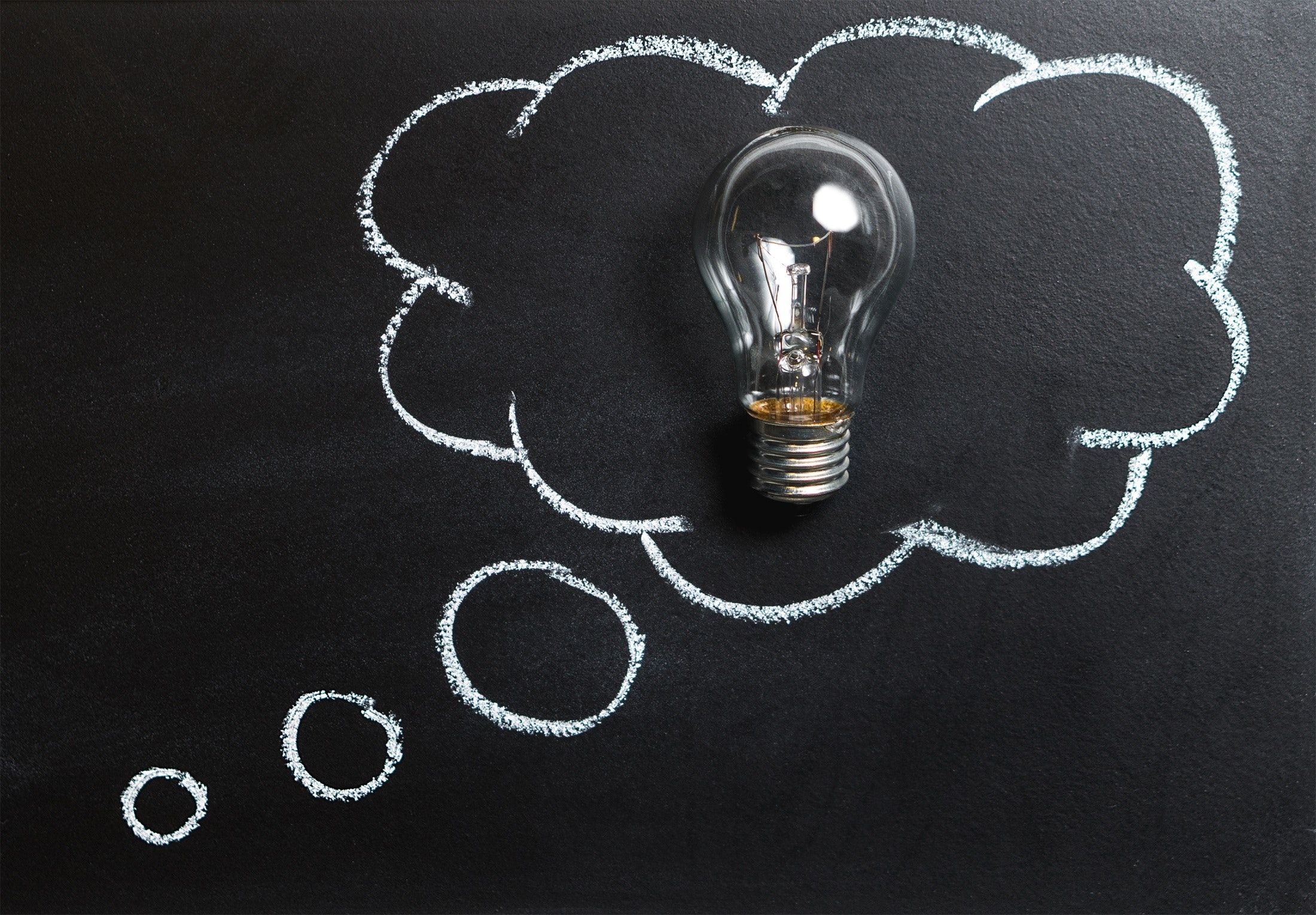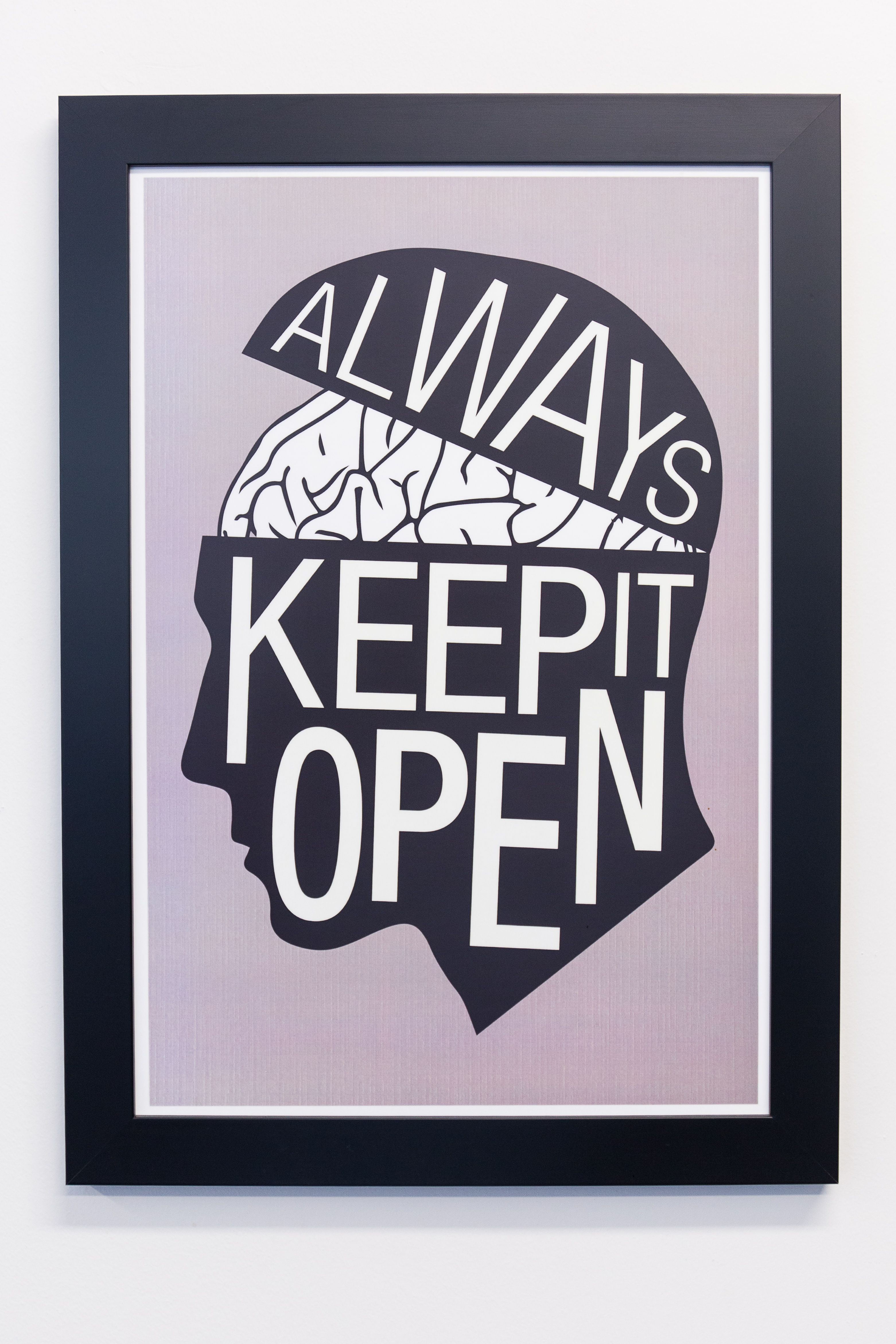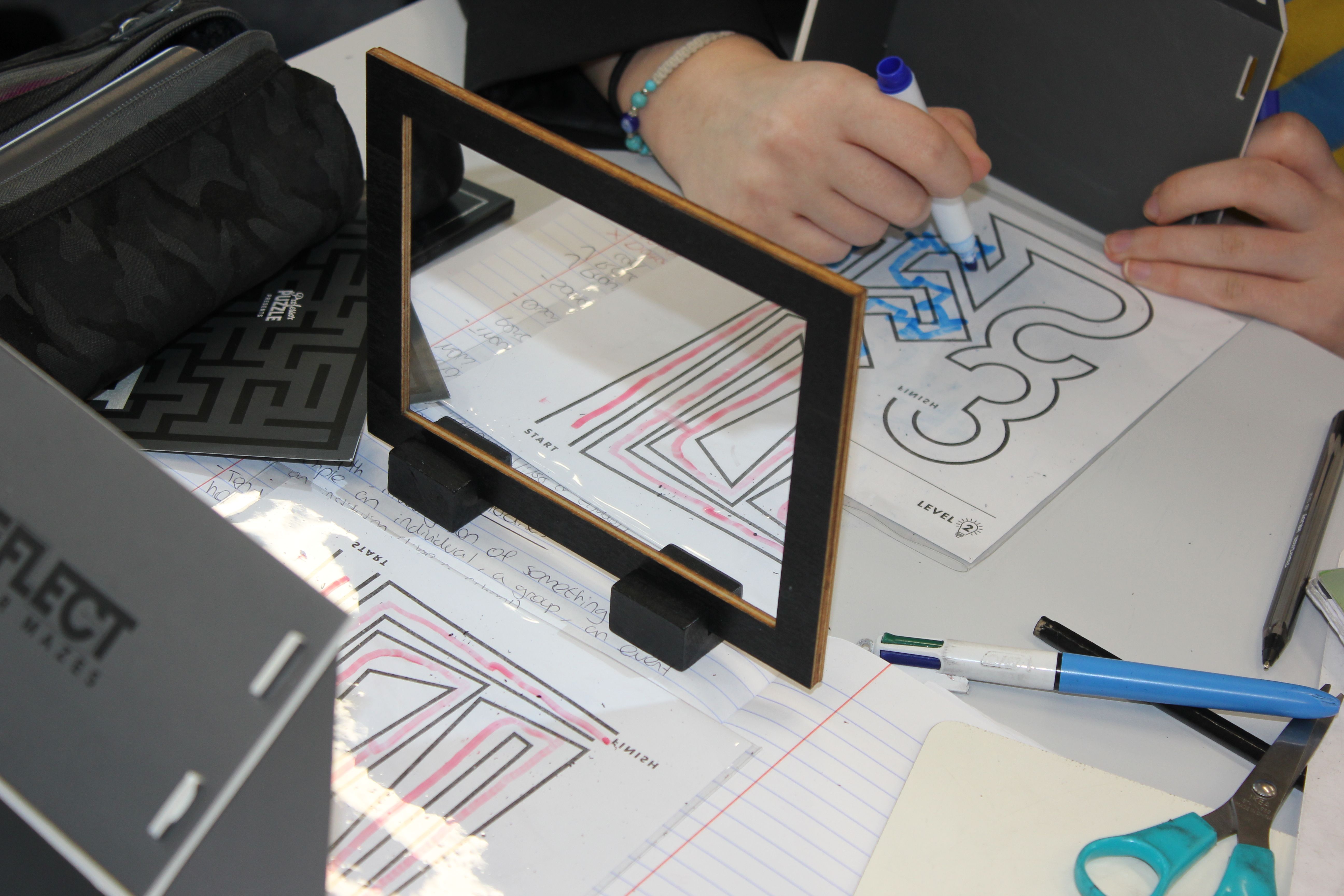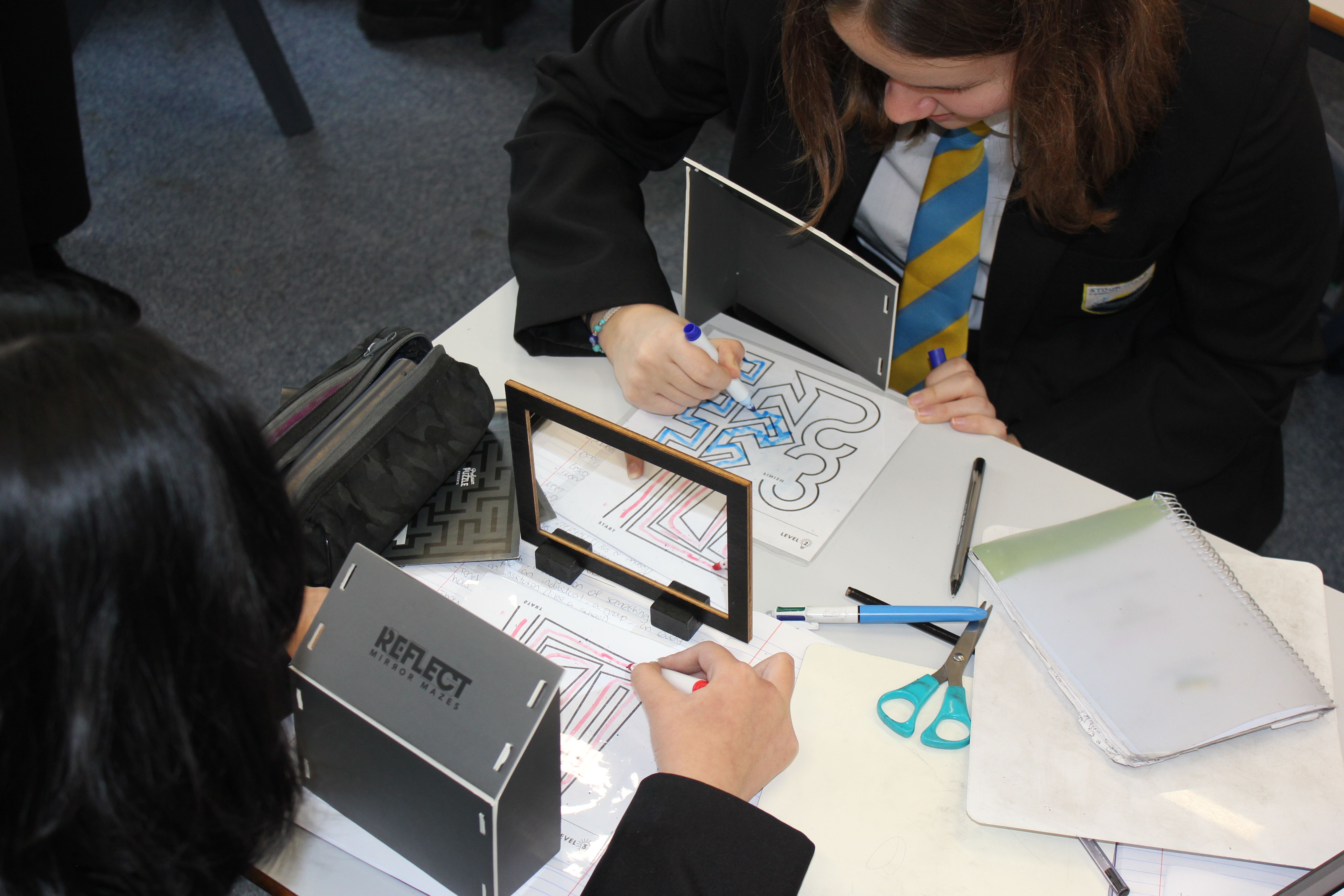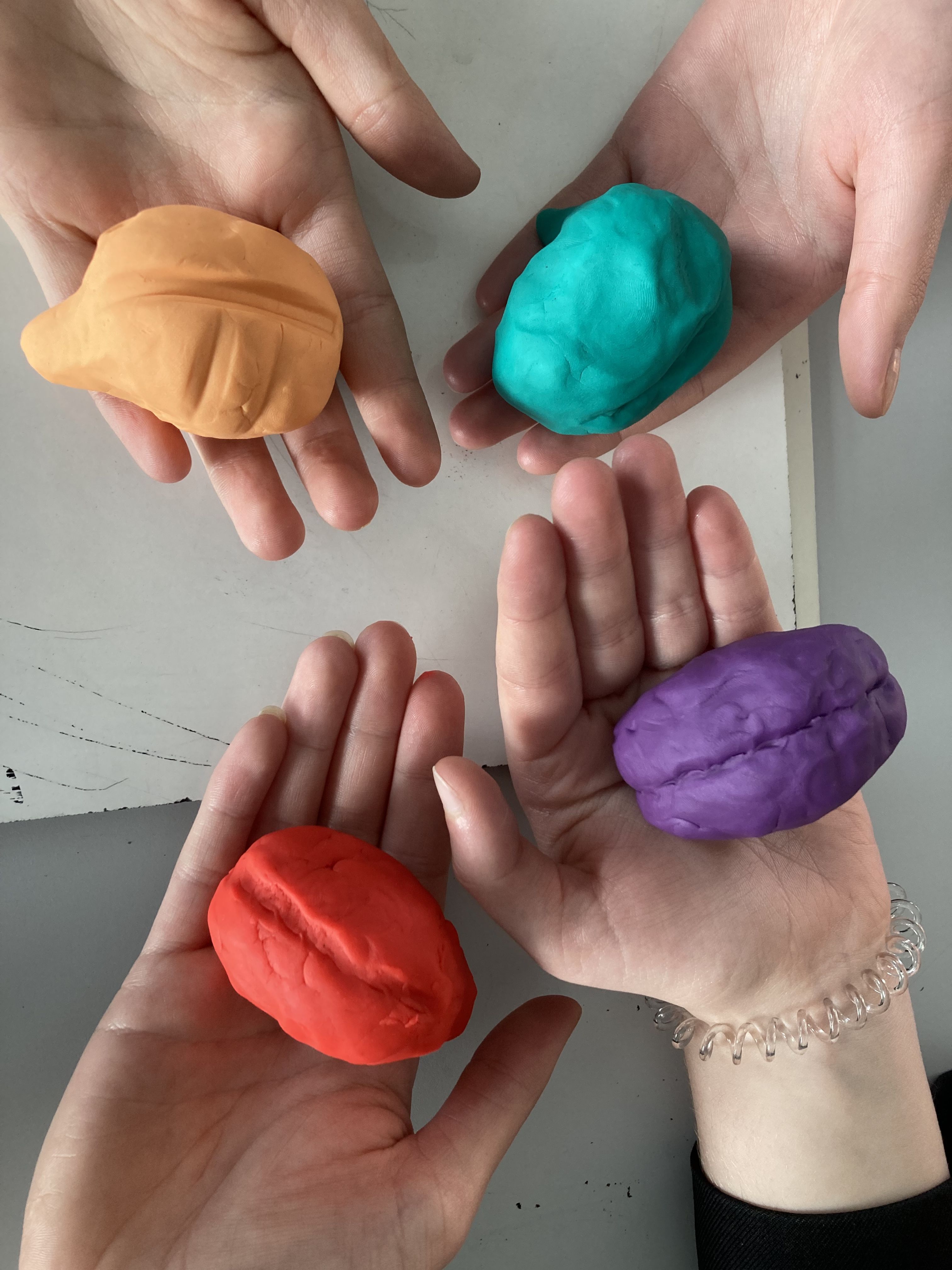Curriculum
- Art
- Computer Science
- Drama
- English
- Food Technology
- Geography
- History
- Maths
- Modern Foreign Languages
- Music
- PSHE
- Physical Education
- Psychology
- Religious Studies
- Science
- Technology
- Exams
- Exam Results
- GCSE Subjects
- Extra-Curricular Clubs and Enrichment Activities
- Careers
- Attitude to Learning Descriptors
- Special Educational Needs
- Go 4 Schools Parent/Carer User Guide
The broad aim of GCSE Psychology is to understand the link between the brain and human behaviour. Students learn about real life studies and theories on many subjects such as memory and recall, the developing brain and perceptual set. Students are taught to evaluate these theories and experiments by analysing how successful they have been in demonstrating ‘true’ human behaviour. An example of this is when we look at conformity and collective behaviour and explore why our behaviour changes in certain situations. Psychology GCSE relates to the real world and students’ role within it. Students learn how to learn and obtain skills they can apply to all subjects, such as revision techniques and self-efficacy. It teaches them lifelong skills of coping when things get tough or when they experience failure. There are many career links with Psychology – possibly all career choices would benefit from an understanding of human nature. From Childcare to Neuroscience and from Forensic Psychology to the Police Force, GCSE Psychology is a great steppingstone to both career paths and ongoing study. The GCSE offers a fantastic knowledge base from which to start Alevel Psychology and many students enjoy the confidence they feel when transitioning to this higher level.
Students learn about brain structures and their functions. We explore the human mind and how our cognitive processes work day-to-day through core units on Memory, Perception and Neuropsychology. We come to understand the brain and our linked behaviour through learning about how the brain develops from as early as three weeks after conception. As the course progresses, we learn about mental health, depression and addiction, as well as parts of the brain affected by stroke.
It is a fascinating course, exploring the complexities of being human: how humans behave in certain situations and how we communicate through our body language. Students will explore the difference between stigma and discrimination, how phobias start, and why we remember a one-off incident so clearly, but sometimes forget everything we have revised for a test!
Students will learn from pivotal Psychologists such as Piaget, Dweck, Willingham and Hebb to guide their understanding. Psychology relates to every single student, increasing analytical skills and providing self-awareness, as well as an understanding of different cultures.
Key Stage 4
Lessons involve finding out about the science and ideas behind topics such as non-verbal communication, personality, mindset, perception and memory. Students learn to understand what is going on around them and how they can put some of the knowledge gained into practice; such as memory techniques to improve study skills, which also helps them in other subjects. Additionally, there is practical work in most topics, so students will get the opportunity to plan and carry out their own research. Lastly, students use statistics to analyse findings from research and apply these findings to scenarios set out in exam questions.
We follow the AQA 8182 syllabus:
|
Year 10 |
Units 1 – 5: Memory, Perception, Development, Research Methods, Social Influence |
|
Year 11 |
Units 6-8: Language, Thought and Communication, The Brain and Neuropsychology, Psychological Problems |


